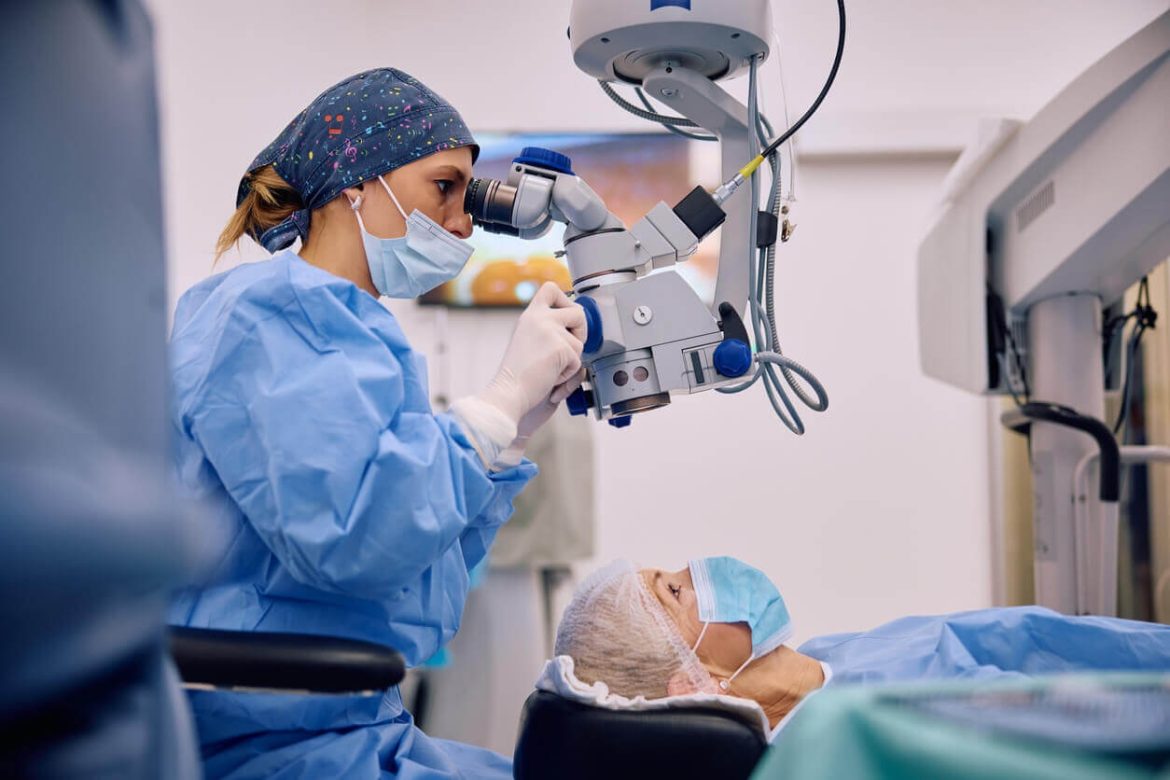Surgery is a big step, and it’s normal to feel a mix of anticipation and concern. Whether it’s a planned operation or a procedure you’ve been preparing for, the key to a safe and smooth experience lies in thorough pre-surgical evaluations. These assessments go beyond routine check-ups—they are designed to make sure your body is ready, risks are minimized, and your recovery is set up for success.
What Is a Pre-Surgical Evaluation?
A pre-surgical evaluation (also called a pre-op exam) is a complete health assessment carried out before surgery. It helps your healthcare team understand your overall condition, detect any hidden issues, and prepare a care plan tailored to your needs.
- Medical history – chronic conditions, allergies, past surgeries.
- Medications – prescriptions, supplements, or over-the-counter drugs that could affect surgery.
- Lifestyle factors – smoking, alcohol use, or physical activity levels.
- Family history – heart conditions, diabetes, or bleeding disorders.
What Tests Are Included?
Depending on your health and the type of surgery, your provider may recommend:
- Blood tests – to check for anemia, clotting, infections, or electrolyte balance.
- ECG (electrocardiogram) – to assess heart function.
- Chest X-ray – if there are concerns about lung health.
- Imaging scans – such as ultrasound, CT, or MRI for surgical planning.
- Specialized tests – like pulmonary function tests for those with breathing issues.
Why Is It Important?
Comprehensive evaluations before surgery provide several benefits:
- Reduced risks – Identifies health conditions that could complicate anesthesia or recovery.
- Customized care – Ensures your surgical team can adapt care to your unique needs.
- Peace of mind – Gives you confidence that your health is being fully considered.
- Better recovery – Helps prepare your body for faster healing.
Tips to Prepare for Your Pre-Surgical Evaluation
- Bring a complete list of your medications.
- Share any allergies or past reactions to anesthesia.
- Be honest about lifestyle habits (smoking, alcohol, etc.).
- Ask questions—understanding your surgery reduces stress.
Final Thoughts
Surgery is a journey, and preparation is the most important step. A comprehensive pre-surgical evaluation ensures that every detail of your health is considered, giving you the best chance for a smooth procedure and a faster recovery.




